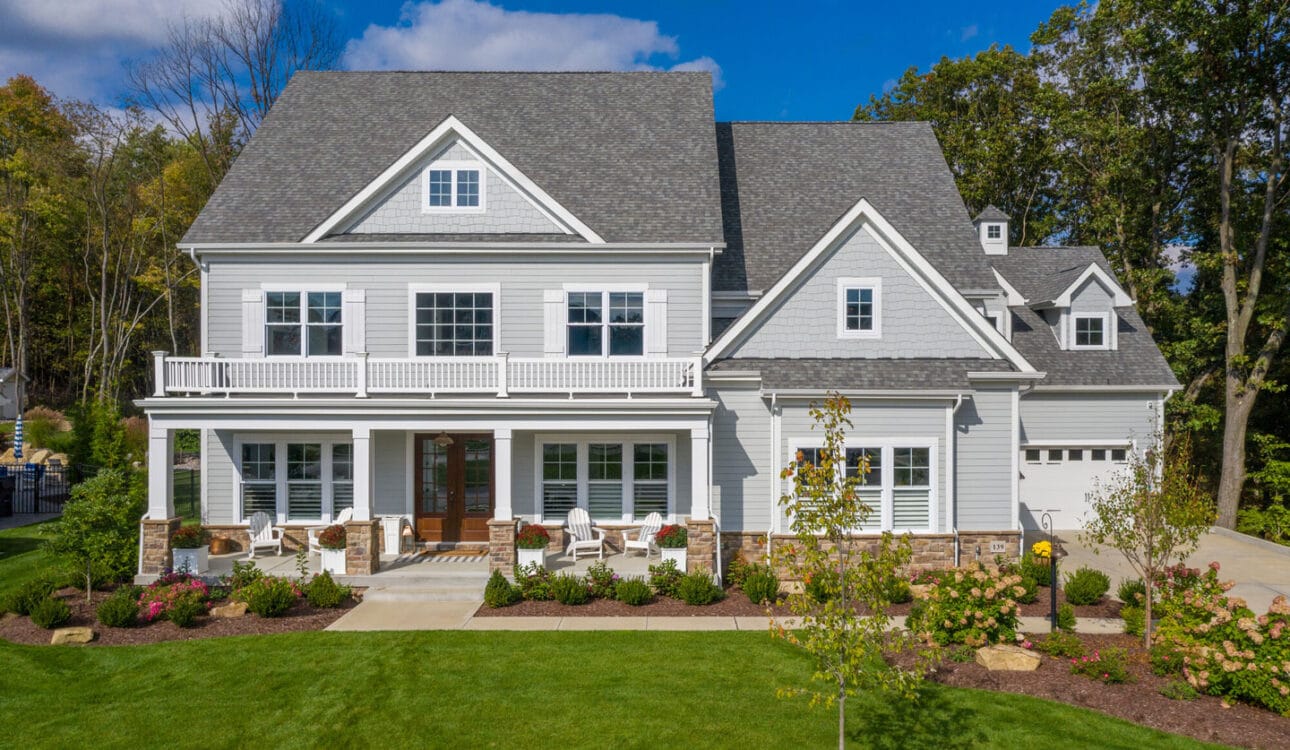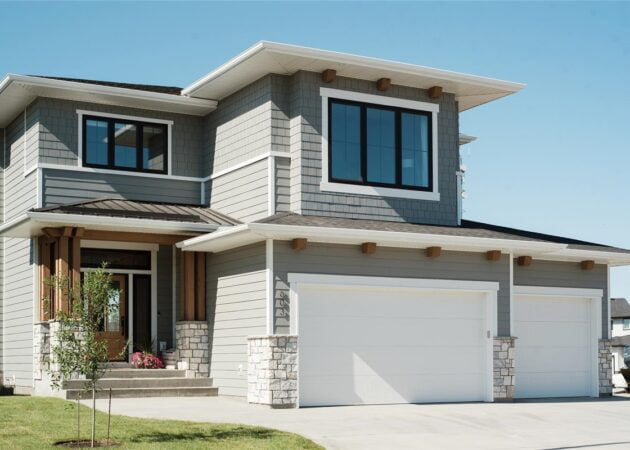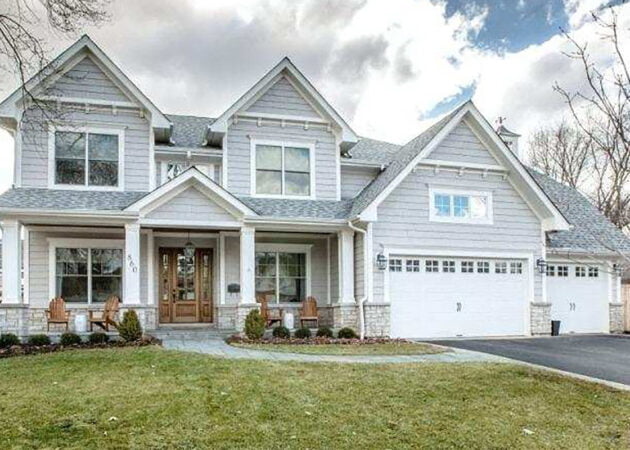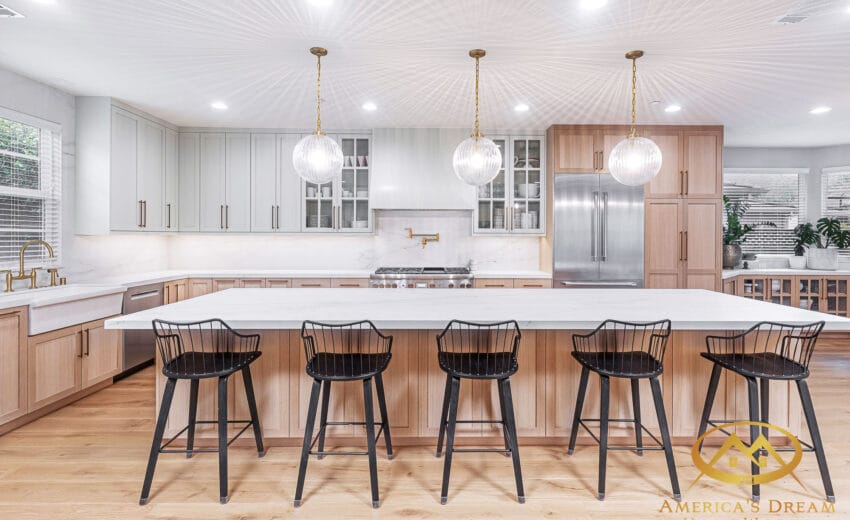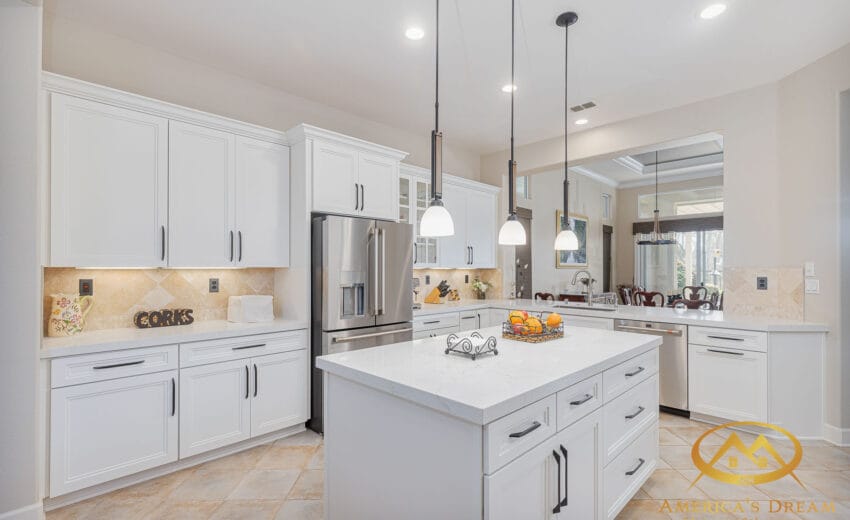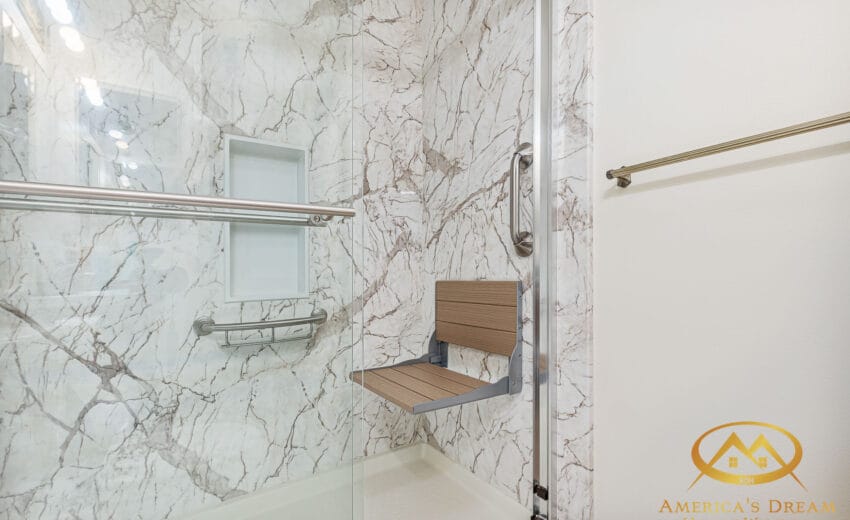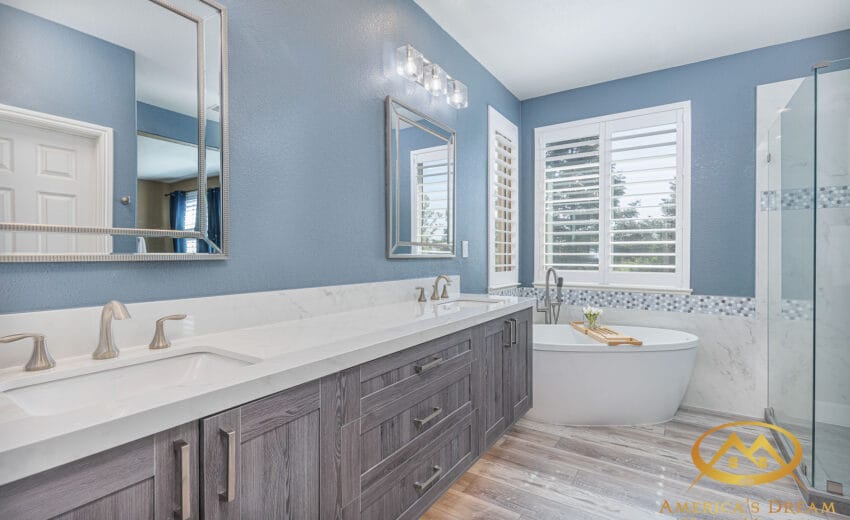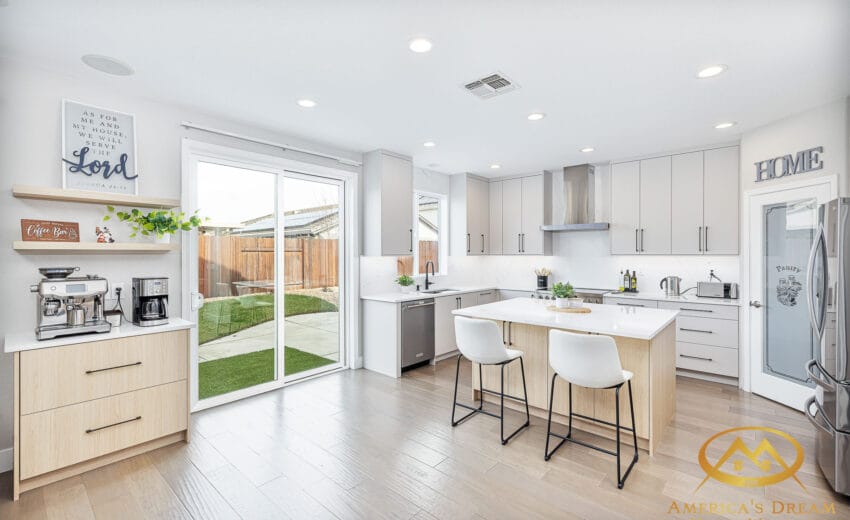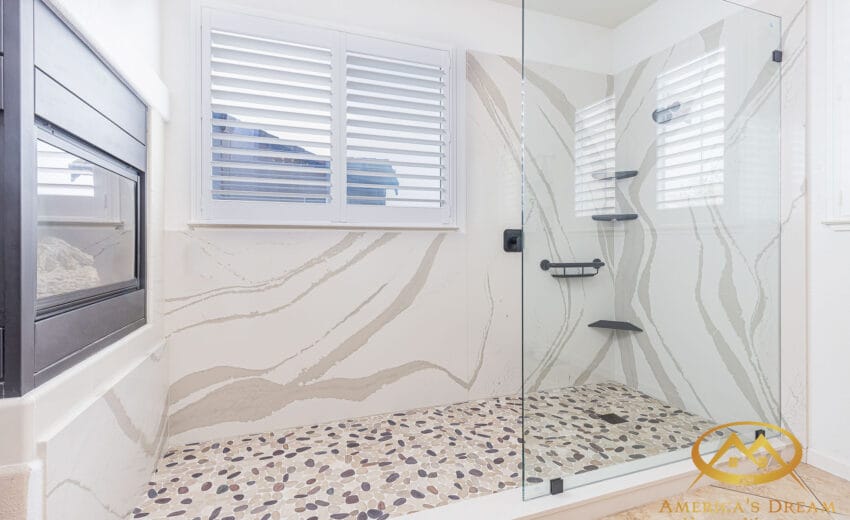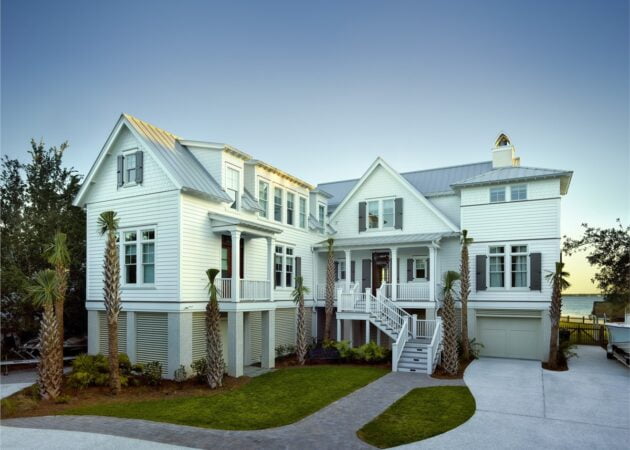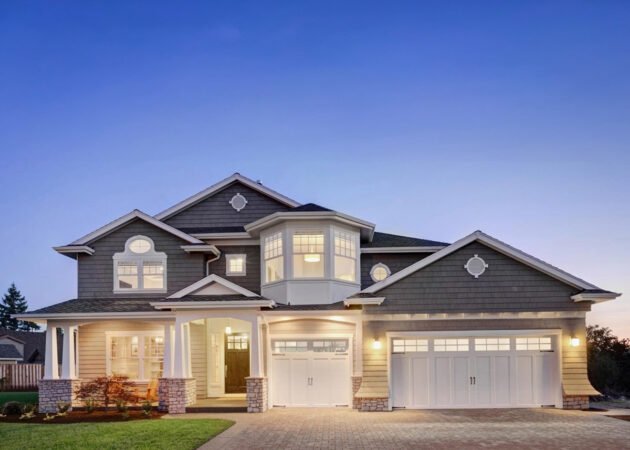If you’ve been searching for a way to add value, versatility, and additional living space to your property, you’ve likely encountered the idea of an ADU near me. Accessory Dwelling Units (ADUs) are becoming an increasingly popular choice for homeowners who want to enhance their property’s functionality while boosting its resale value. But is an ADU the right choice for you? Let’s explore the key considerations, benefits, and comparisons that can help you make the best decision.
ADU vs. Traditional Home Additions: Which One is Better?
When it comes to expanding your living space, you might wonder whether to invest in an ADU or opt for a traditional home addition. Both options offer valuable solutions, but they come with different pros and cons.
ADU construction generally provides a cost-effective way to increase space on your property without the need for extensive home renovation. ADUs can serve as rental units, guest houses, or even private retreats for family members. In contrast, a traditional home addition might be better if you need more significant square footage or want to maintain seamless architectural continuity with your existing home.
For those focusing on practical, small-scale expansions, an ADU might be your best bet. You can even explore how ADU housing regulations in your area might support rental opportunities, turning your property into an income generator.
Looking to create a larger, more complex living space? Then a full house remodel like the one in El Dorado Hills, CA, might be more in line with your goals.
Cost Comparisons: ADU vs. Home Additions
While ADUs are generally more affordable than full home additions, it’s essential to consider your budget. ADU construction costs can vary depending on factors like design complexity, materials, and local regulations. That said, ADUs typically offer a better return on investment compared to home additions. According to recent projects like the Cambria Countertops Shine in Roseville remodel, even high-end additions can offer a great boost to property value.
For homeowners looking to add value without breaking the bank, ADUs are typically a more budget-friendly alternative to traditional expansions. However, if you’re looking for luxury finishes and customization, a more comprehensive addition might be worth considering.
Maximizing Your ADU Potential
One of the most significant advantages of an ADU is its flexibility. Whether you want to use it as a dwelling unit for rental income, a private office, or a home for aging parents, the possibilities are endless.
But maximizing this potential requires smart design choices. For example, adding custom cabinetry can enhance storage without compromising space. You can even integrate stylish kitchen countertops or a stunning kitchen island to create an open-concept space that feels inviting.
ADUs offer more than just extra square footage—they provide an opportunity to create a highly functional and personalized living area that meets your unique needs.
Check Our Recent Projects
ADU Regulations and Permitting
Before embarking on your ADU journey, it’s critical to understand local zoning laws and permitting requirements. In many areas, ADUs housing has become more accessible due to changes in legislation aimed at addressing housing shortages. Some cities have even streamlined the process, making it easier to build.
If you’re unfamiliar with these rules, it’s a good idea to consult experts who can guide you through the ADU permitting process. This way, you can ensure that your ADU complies with all local building codes and zoning laws. Whether you’re looking to build a walk-in shower in your ADU or install durable siding, getting the right advice from professionals is key.
Comparing ADUs: Attached vs. Detached
When planning an ADU, you’ll need to decide between an attached or detached unit. Attached ADUs are typically built as extensions to the main home, sharing one or more walls. They offer easy access and can often blend more seamlessly with your house’s overall design. On the other hand, detached ADUs are separate structures on the property, offering more privacy and flexibility.
For homeowners who want to create a completely independent space, a detached ADU might be the better option. However, if you’re limited on space or looking for a more affordable build, an attached ADU can still provide valuable additional living space without taking up as much land.
A kitchen remodel might benefit more from an attached unit, particularly if you want to maintain a consistent style and flow with the rest of your home. Detached ADUs, however, offer opportunities to get creative with interior layouts and design features, as seen in many custom cabinetry projects.
Ready to Build Your ADU?
If you’re ready to take the plunge into ADU construction, it’s important to work with experts who can bring your vision to life. Whether you’re thinking of a sleek kitchen remodel or designing a space for custom closets, an ADU can provide both function and style.
For more inspiration, check out other successful home remodeling projects and see how an ADU can transform your space into a multi-functional powerhouse. And if you’re still unsure, contact us to discuss your ADU options.
